Reasons People Avoid Stargazing in Certain Areas
Stargazing is a beloved activity that connects us to the universe, offering moments of calm, awe, and perspective. Yet not everyone embraces this experience. In fact, there are many places where people consciously choose no stargazing. Why? The answer lies in a mix of environmental, personal, and logistical reasons that influence whether people look up—or look away.
In this article, we explore the most common factors that lead people to avoid stargazing in certain areas. We’ll share insights gathered from real travelers, stargazing enthusiasts, and tour providers like avasafari, who offer professional stargazing experience packages. We’ll also highlight the unique challenges that make no stargazing a surprising but sometimes necessary choice.
Light pollution makes stars invisible
In many urban and suburban areas, artificial lights drown out the beauty of the night sky. Street lamps, billboards, and headlights contribute to what’s known as light pollution, which makes it nearly impossible to see stars. In these areas, no stargazing becomes a fact of life rather than a choice.
Safety concerns in remote locations
Some of the best places for stargazing are far from civilization. While these remote spots offer clear skies, they can also pose safety risks—wildlife, difficult terrain, or lack of cell service. For some people, the idea of venturing out into isolated areas alone or at night simply isn’t appealing. For them, no stargazing feels safer.
Weather and climate limit visibility
Cloudy skies, high humidity, and dust storms can all prevent clear views of the night sky. In places with unpredictable weather—like coastal regions or deserts during sandstorm season—people may decide there’s just no stargazing worth the effort. It’s disappointing, but understandable.
Cultural or religious beliefs
In some communities, night-time activities are discouraged due to cultural customs or religious practices. Whether it’s about modesty, safety, or tradition, no stargazing can be the norm rather than the exception.
Lack of equipment or knowledge
Stargazing doesn’t require a telescope—but it helps. Without the right tools or even basic guidance, the experience can be underwhelming. That’s where avasafari comes in. They provide all the necessary gear, including telescopes, reclining chairs, and even options for stargazing feuerwerk—a unique, low-noise fireworks experience that enhances the moment without stealing the spotlight.
But without access to such support, many people simply opt for no stargazing, not realizing how easy and magical it can actually be.
What makes a good location for stargazing
Great stargazing requires dark skies, low humidity, high elevation, and minimal artificial light. Not every region can offer this. Places that are flat, heavily populated, or consistently overcast may become zones of no stargazing—not by design, but by circumstance.
Why some travelers feel it’s overrated
Not everyone is fascinated by stars. Some travelers prefer vibrant nightlife, fine dining, or spa treatments over laying in the dark watching for meteor showers. For them, no stargazing isn’t a negative judgment—just a matter of preference. And that’s okay.
How safety and comfort influence decisions
Being outdoors at night, possibly in cold or unfamiliar surroundings, is not everyone’s idea of fun. Add mosquitoes, noise, or questionable surroundings, and many will say a firm no stargazing to such discomfort. Comfort and convenience matter.
Why some destinations ban or discourage stargazing
Believe it or not, some national parks or protected areas discourage stargazing after dark due to wildlife protection policies or environmental concerns. In these places, no stargazing is a regulation rather than a recommendation.
The role of local tourism providers
Companies like avasafari work to reverse the trend of no stargazing by offering curated experiences that eliminate the common obstacles. They select secure, accessible locations and provide warm clothing, gear, guides, and even night-time snacks. They’ve turned stargazing into a luxurious, inclusive event.
Their packages even include the rare stargazing feuerwerk, a soft, visual fireworks display that complements the stars. You can reach them at 01018140179 to plan your next stargazing experience anywhere in the region.
How education changes perception
When people learn about the constellations, the galaxies, and the stories behind them, they become more excited to look up. Astronomy education can be the difference between choosing no stargazing and falling in love with the night sky.
Final thoughts on the rise of no stargazing
It may seem strange, but no stargazing is a growing reality in many places. Urbanization, safety concerns, cultural factors, and convenience all play a role. But for those who do choose to pause, look up, and wonder, the experience remains timeless.
Thanks to providers like avasafari, you don’t have to be an expert to fall in love with the night sky. Whether you’re drawn by quiet reflection, celestial wonder, or even the beauty of a well-timed stargazing feuerwerk, you’ll find that stargazing is more accessible—and more moving—than ever before.
Frequently Asked Questions
What is stargazing?
Stargazing is the act of observing stars, planets, and other celestial objects in the night sky, usually with the naked eye or a telescope.
Why do some people choose no stargazing?
Common reasons include light pollution, safety concerns, bad weather, lack of interest, or cultural restrictions.
How can I find a good place for stargazing?
Look for dark, remote areas with little artificial light. Apps and local tour providers like avasafari can guide you to the best spots.
What equipment do I need to start?
You can start with your eyes and a blanket, but a telescope, star map, and red flashlight enhance the stargazing experience.
How can I book a stargazing tour?
You can contact avasafari directly at 01018140179 for personalized stargazing tours, including gear, guides, and even stargazing feuerwerk.


 DE
DE
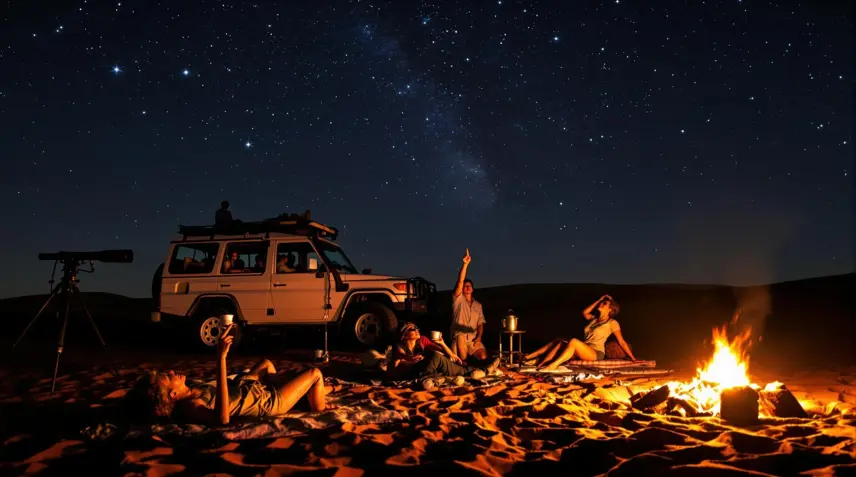






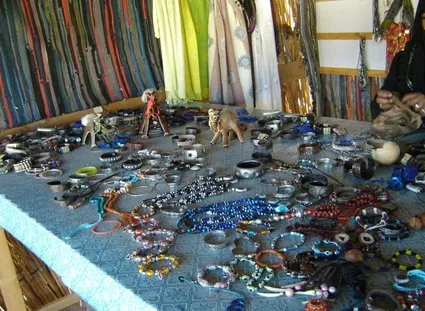
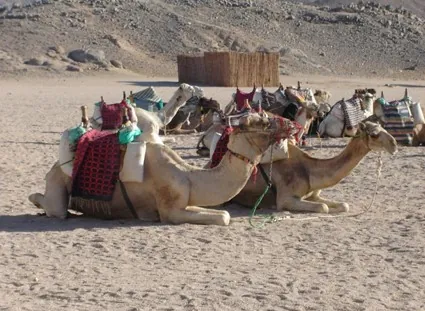
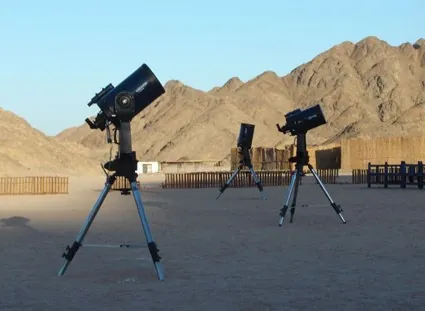
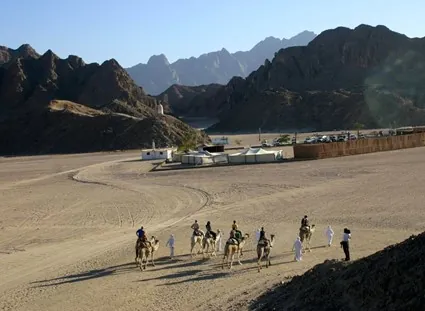
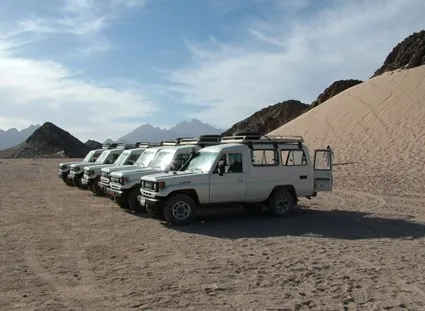

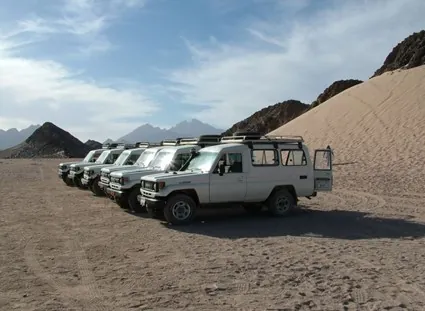
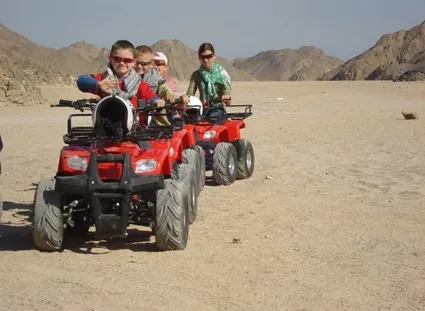
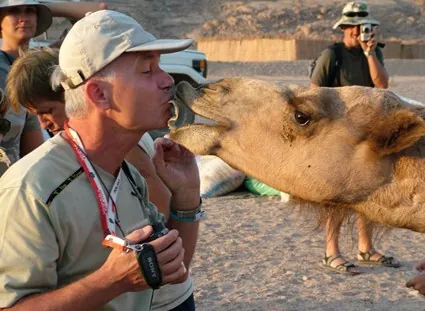
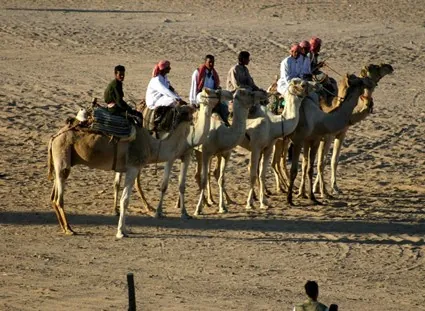
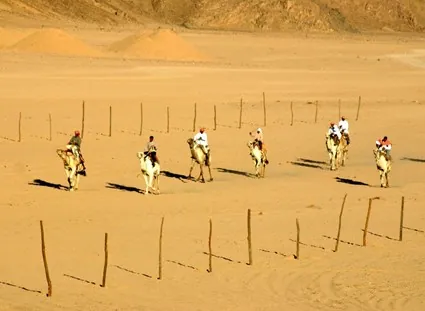
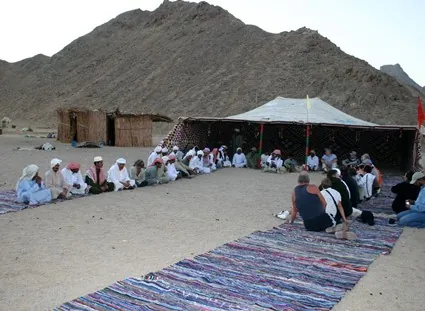


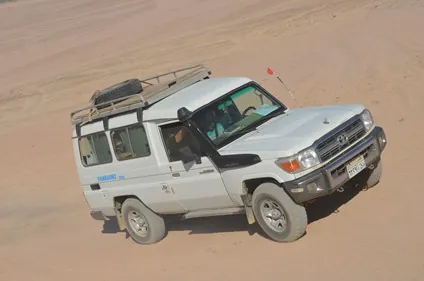
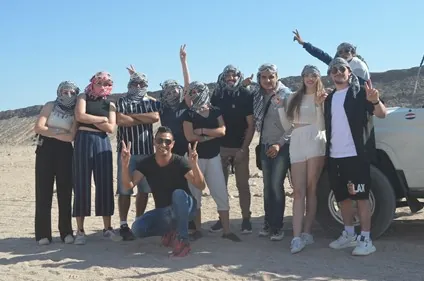


_31fc9_lg.webp)
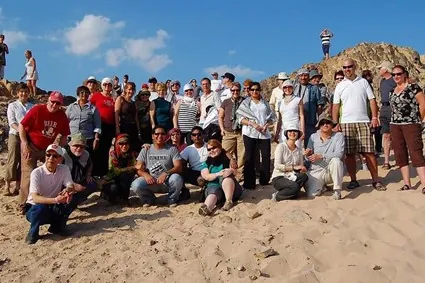

_lg.webp)
_sm.webp)
_sm.webp)
_sm.webp)